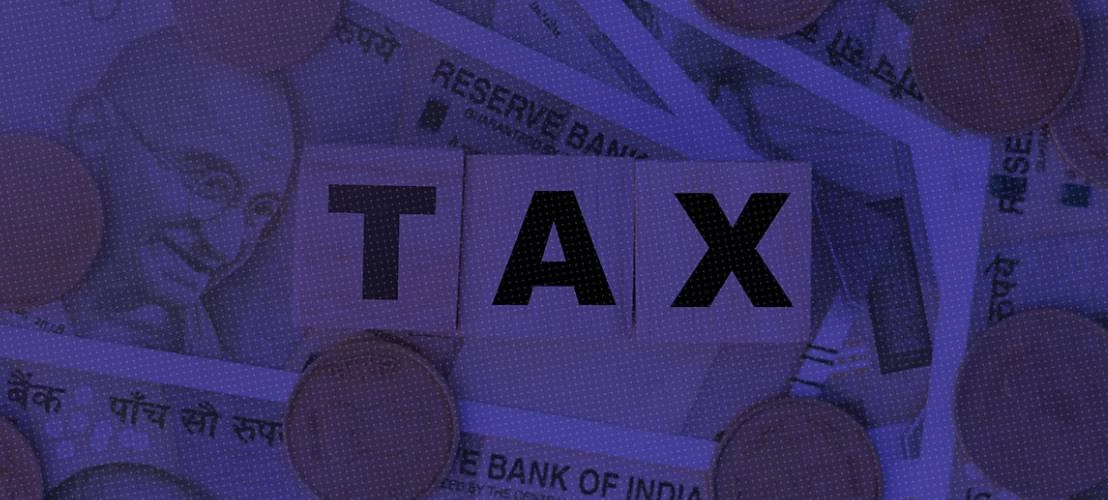The Bombay High Court has reiterated that if a copyright is claimed in the arrangement or assembly, it must be shown that that the arrangement has been substantially copied. According to the Court, it will not be helpful to say that known elements have been put together in some form, and that those elements also feature in the other work. The High Court was of the view that it is not the commonality of known elements in an idea/expression contest that is determinative but, commonality of the arrangement of known elements must be demonstrated.
In a dispute involving alleged infringement of rights of plaintiff (writer) in a movie made by the defendants, the Court observed that a Mumbai chawl, a hospital, a research centre, polluted or poisoned water, villains who seek power, land and control, and zombies - in themselves do not lend themselves to any form of monopolization. Plaintiff’s argument that the ‘overall impression and especially the visual impression’ in the defendant’s film is so close to plaintiff’s conceptualization that an injunction must necessarily follow, was thus rejected. Petitioner’s claim that milieu of the two works — chawls and towers, were similar, was rejected by the Court observing that these were tropes. The Court observed that if a film is set in or anywhere around Mumbai, chawls, towers and slums are inescapable. It was of the view that similarly, the existence of a research or medical institute and, toxicity and water poisoning was not the kind of thing that could sustain a claim of originality.
The High Court in the case Tarun Wadhwa v. Saregama India Ltd [Judgement dated 20 October 2021] also held that incidental co-incidences are not copyright infringements which are established only by clear and cogent evidence. It also observed that mere similarity does not always imply copying or infringement.
Dismissing the Interlocutory Application for interim relief, the Court also rejected the Plaintiff’s arguments of breach of confidence (as the idea about the film was communicated in circumstances of confidence to the defendant). It observed that for a cause of action in breach of confidence to succeed there must be precision, originality and completeness, all of them together. Drawing distinction between copyright and confidence, the Court also observed that the plaintiff failed the prima facie test by failing to present a clear and unambiguous identification of the proprietary, original material other than that which was copyright protected and said to be confidential. It observed that the statement that defendant’s film utilized plaintiff’s materials and elements contained therein without the latter’s permission, was too generalized and ambiguous to support a grant of an injunction in equity.







